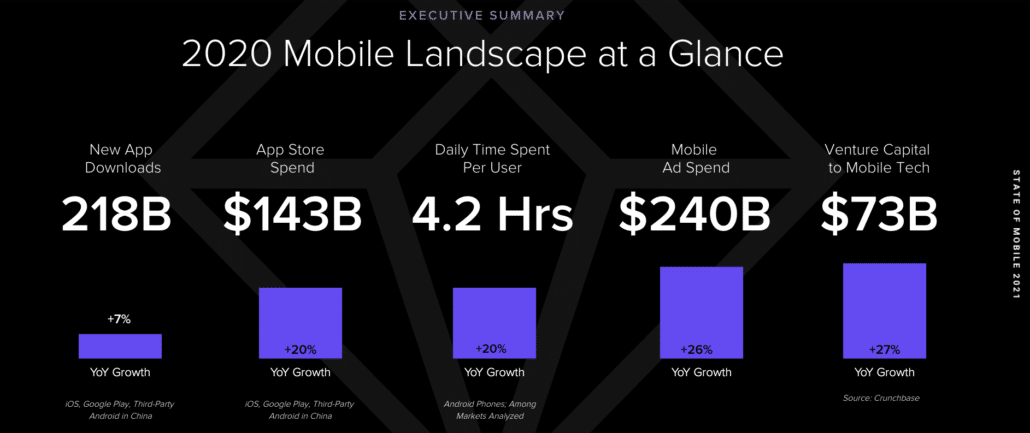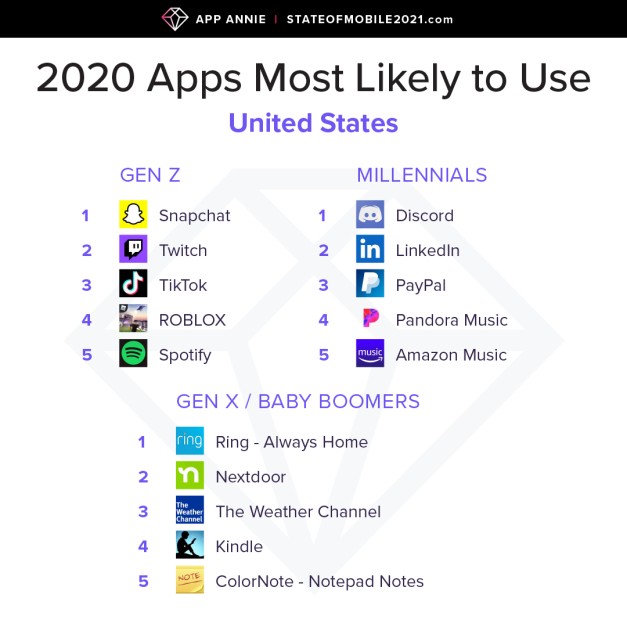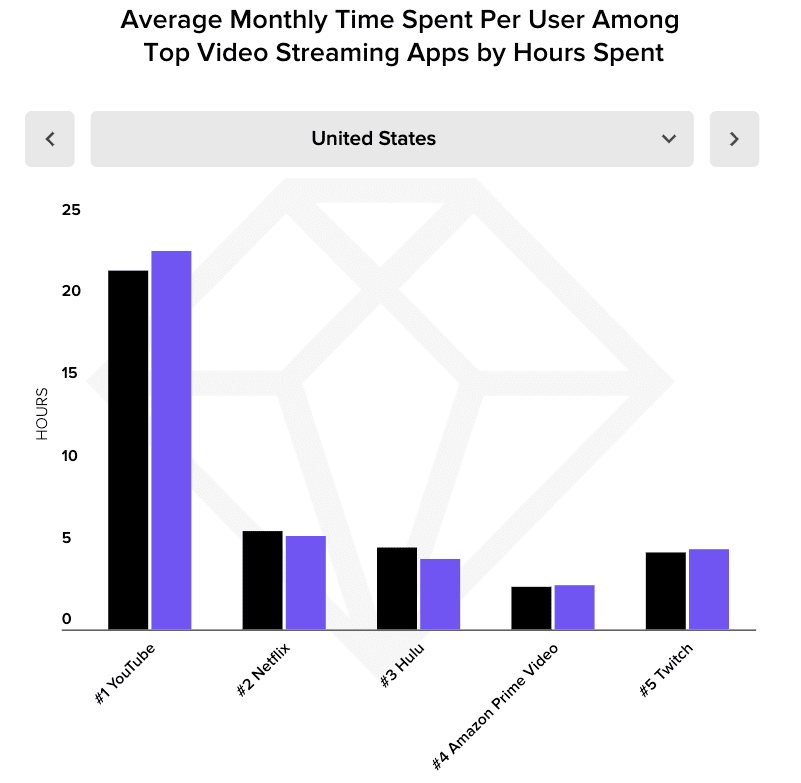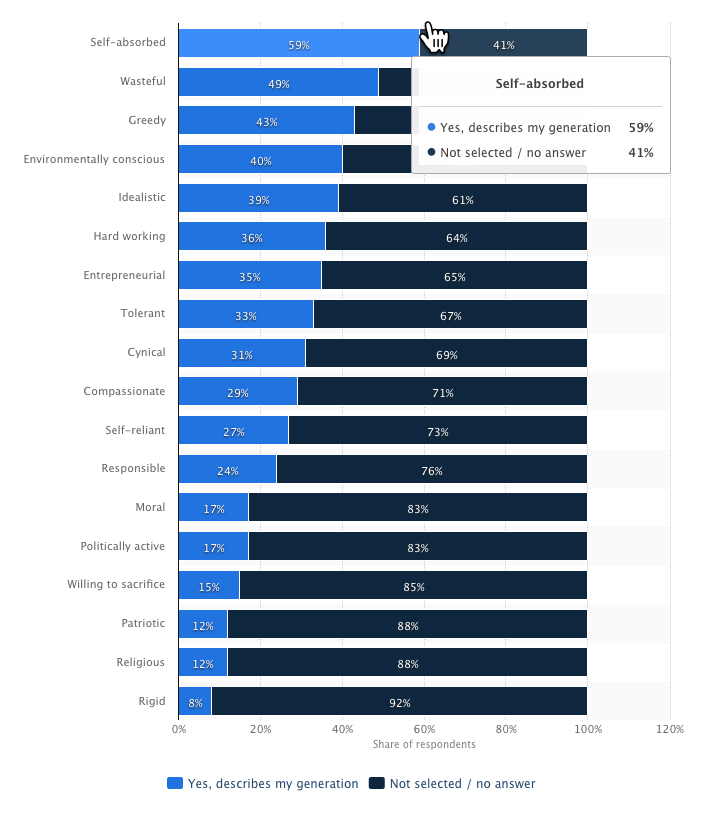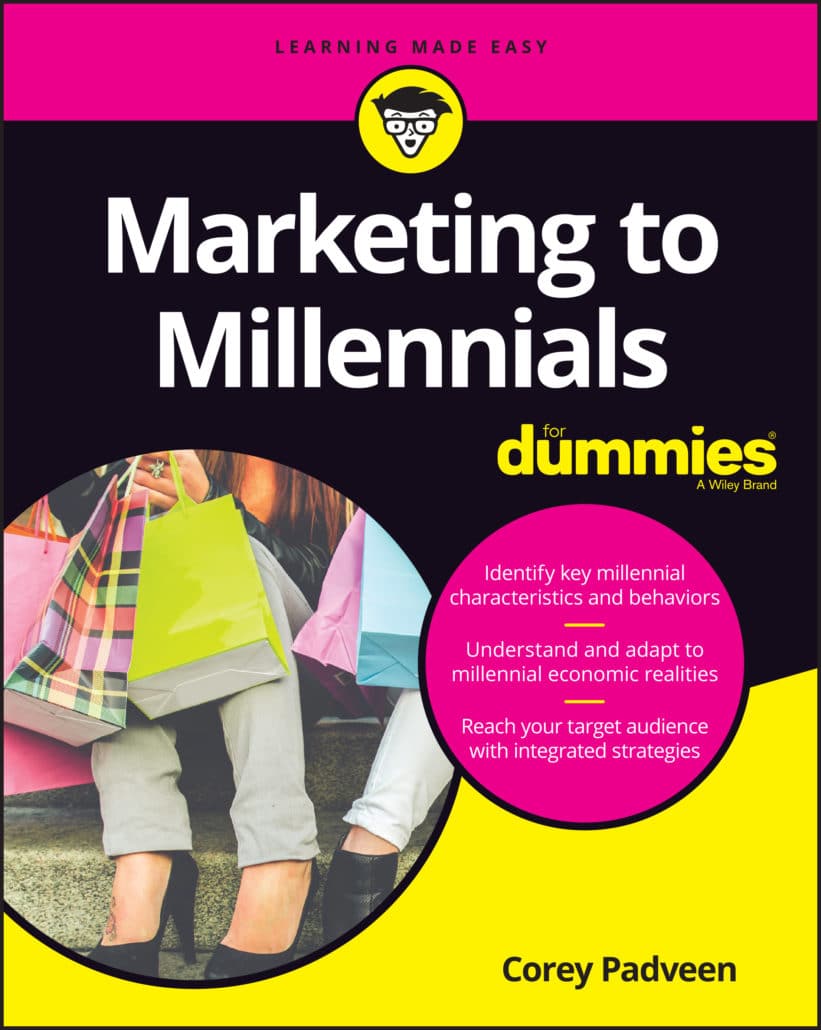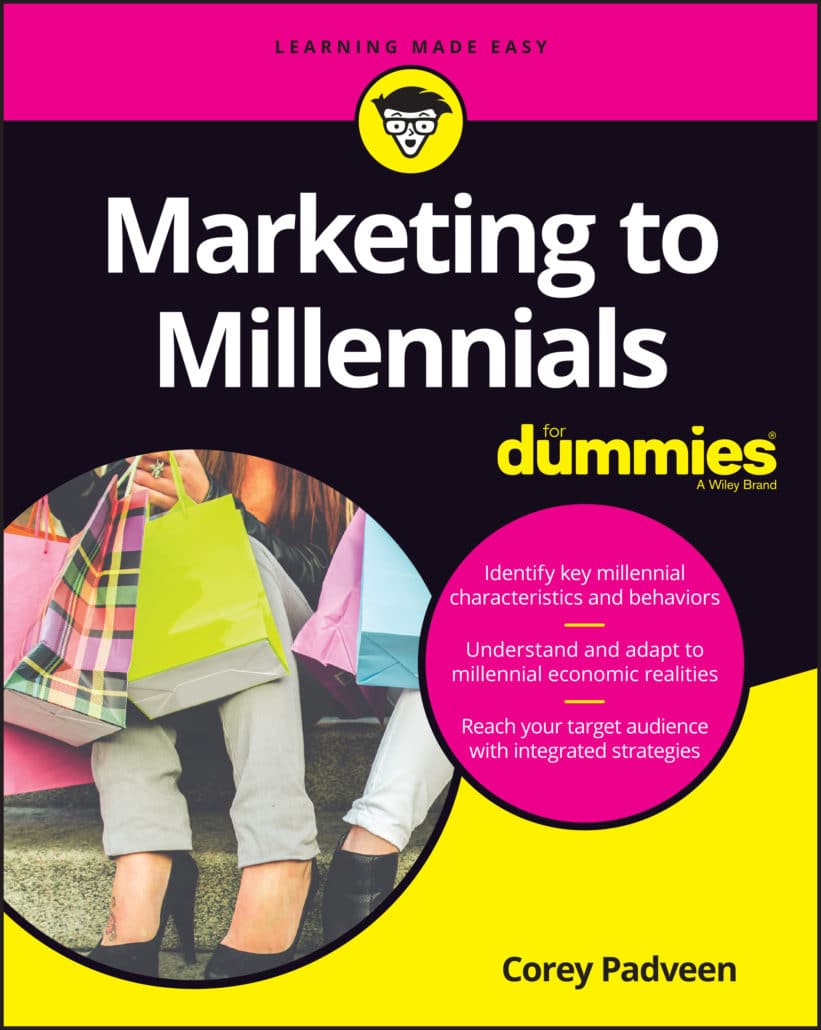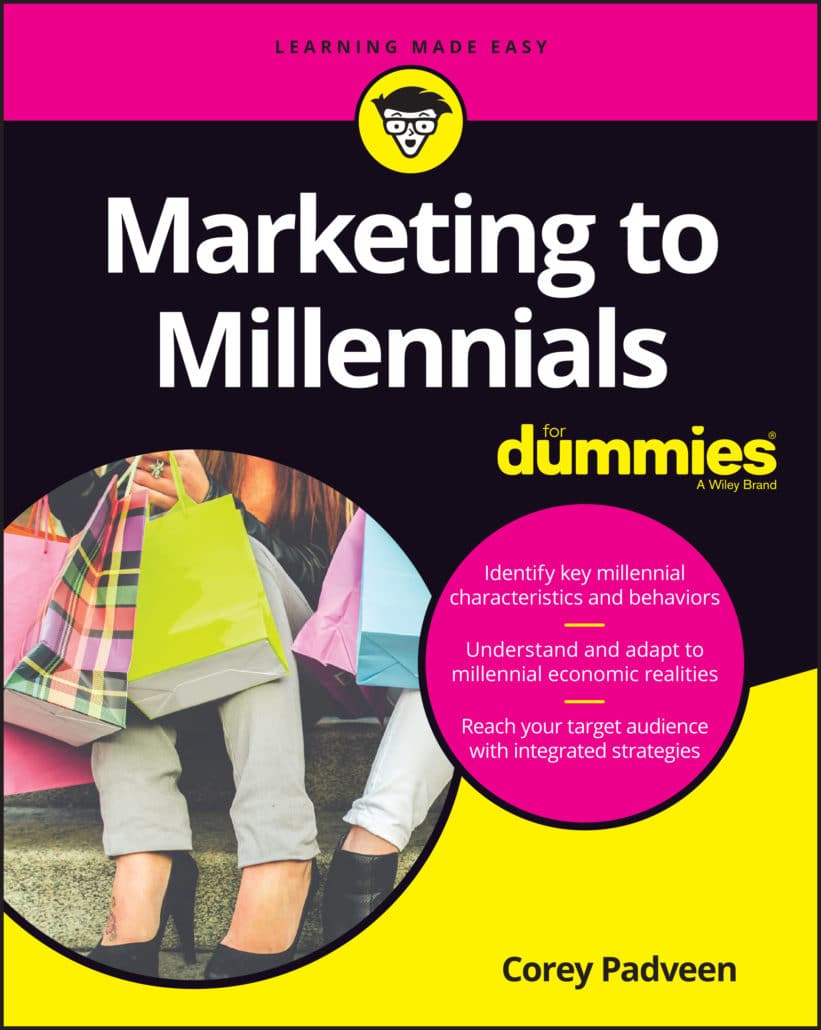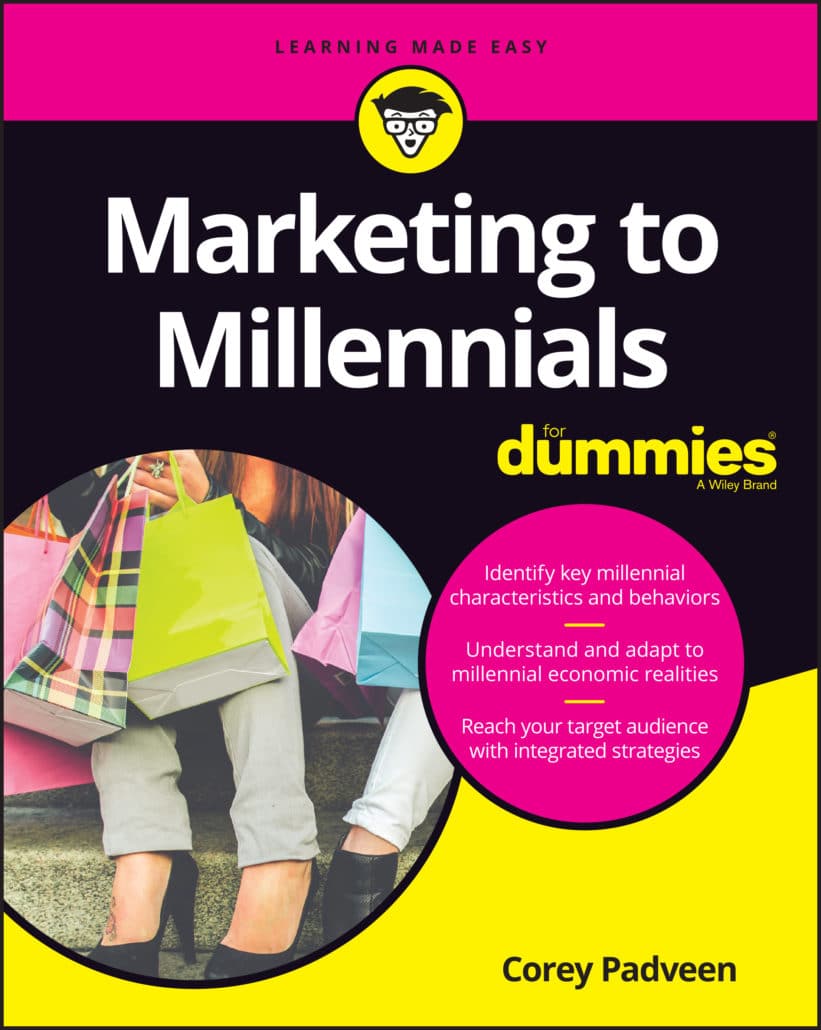This article originally appeared on CoreyPadveen.com.
The sharing economy has experienced explosive growth, and while it might be largely self-serving on an individual level, it has created an environment that betters the greater good.
Welcome back to a new edition of my study of the rise of utilitarianism in decision making processes and economies adopted by the modern consumer (often referred to as millennials, but that’s not giving modern consumers enough credit). In this article, I plan to explore some of the inner workings of the sharing economy on both a micro and macro level, as well as the motivations behind its incipience and rise, in order to further along my assertion that utilitarianism and economic utility both play a role in modern consumer behavior.
Let’s start by first defining and explaining the sharing economy, and looking a little more closely at its history.
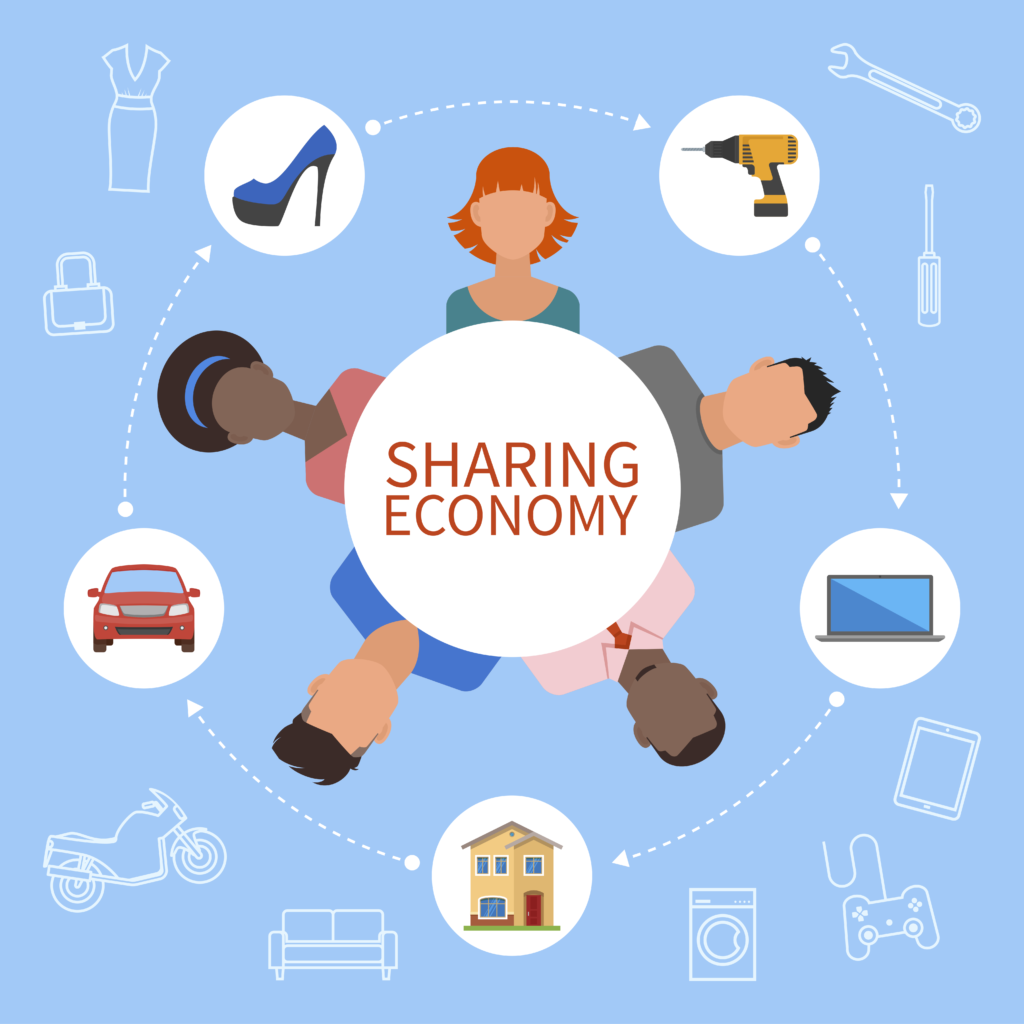
The Sharing Economy
For a fairly comprehensive look at the history of the sharing economy as we understand it today, take a look at the Wikipedia entry. For our purposes, I’ll simply discuss some economic- and social-based roots of the sharing economy’s rise.
The sharing economy refers to businesses and markets that have emerged as a result of consumers sharing resources, rather than focusing on individual ownership. A couple of well-known examples include Uber and Airbnb, which deal with transportation and real-estate, respectively. In the world of virtual sharing economies, cloud storage or P2P (peer-to-peer) file sharing services, including open source software platforms, are other popular examples of the sharing economy. The rise of these services and the significant expansion of this economy as a whole (I say expansion because sharing was not invented by the web) has its roots in Victorian England in a theory proposed by economist William Forster Lloyd.
Lloyd’s theory, which is often referred to as the tragedy of the commons, suggests that when users with access to a particular resource act according to their own self-interest with regards to consumption, they ultimately hurt the greater community as a whole. The resources in question are used and depleted at a faster rate and provide less utility to each individual than if the resources had been used for the entire population. This can be applied to virtually any situation, and it often is, but in our case, we’re looking at how this concept applies to the rise of the sharing economy in the context of the Great Recession in 2008.
There weren’t too many people unaffected by the housing (and many other) market collapse in 2008. Cutting costs or pulling in some extra cash was a pursuit of many. Combine this with the growth of access to high-speed internet and the prevalence of web-enabled mobile devices, and a new kind of sharing economy came into existence. In this case, consumers would use their access to the internet to share assets, cut costs on things like utilities and services and offer up free time or expertise for an extra few bucks, far below market prices. Thus, the modern sharing economy was born. So, how exactly does the sharing economy relate to the ideas of utilitarianism or economic utility? Those have to do with the macroeconomic and microeconomic motivations of society and the consumer, respectively.
Macro Motivations of Society
When it comes to utilitarianism, the tragedy of the commons helps explain a lot of the economic forces (Invisible Hand-style) at play, which led to the rise of the sharing economy. When individuals act selfishly, hoarding resources and consuming as much as they can on an individual basis, society as a whole is worse off from a utility standpoint. Think about cars in Manhattan. There are a lot of them. Those cars create traffic, that traffic creates pollution, pollution hurts the city (and the world, but let’s focus on Manhattan), people get sick, they can’t work, they lose their cars because they can’t afford to keep them, etc. etc. This isn’t going to be the case for everyone, but we’re looking at this from an economist’s viewpoint, so we need to look at a full cycle. In the case of every individual using his or her car, this is the potential long-run impact the practice can have on the economy and its players.
Now, if we decide to introduce a ride-sharing service, such as Uber or Lyft, that can mean fewer cars on the road, and a lowered risk of the above-mentioned cycle taking place. Scale that, and you find yourself and society as a whole much better off than if every individual acted in his or her own self-interest by hoarding a resource that could easily be shared. Utilitarian ethics apply here, because we have seen an explosive rise of the sharing economy when it comes to car- and ride-sharing services. This has been championed largely by millennial consumers who have grown up engaging and transacting business on a mobile device and online. So, it would stand to reason that the actors are, individually, acting in accordance with utilitarian principles driving their decisions. When we take a closer look, however, we notice that this might not be the case.
(Seemingly) Selfish Motivations of the Individual
Every month, you pay for your cell phone, your internet, and other utilities and services that you consume individually. Let’s say, for argument’s sake, that these services cost you $100 every month. Now, let’s say that you find out that the three other people on the floor of your apartment complex are also all spending $100 every month and receiving the same services, from the same provider. You realize that you could pool all of these together and pay for one, upgraded service for all four of you, and your individual fees would drop to $60 each. In doing so, you could now spend less and consume more, thereby maximizing your economic utility. Great!
Companies like Fon in the United Kingdom offer exactly this service. These kinds of resource sharing businesses have been sprouting up more often in recent years, particularly since the crash in 2008. In the case outlined above, your motivations for sharing access to a resource with other parties are largely rooted in self-interest; you can minimize costs and maximize returns. That motivation doesn’t exactly have its roots in benefitting the greater good. The utilitarian component, in the case of the individual decision to pursue this structure, is a byproduct, not a deciding factor. Egoism (from a philosophical standpoint), to an extent, is the driving force behind the suggestion. And yet, when we take a step back we see that society as a whole is better off. Looping back to the structure of the macro example in the last section, now each tenant has more money, will be able to use that for other resources, such as gas if they drive, will not lose their job, be homeless, etc. etc. Again, this is an extreme case of analysis, but it’s worth using to make the point.
The sharing economy has benefitted society greatly. It has provided solutions to problems that consumers did not even know they had until alternatives were presented. On an individual level, the sharing economy helps consumers maximize their economic utility. Contrary to how this maximization pursuit usually turns out, the result is that we are all made better for it.


